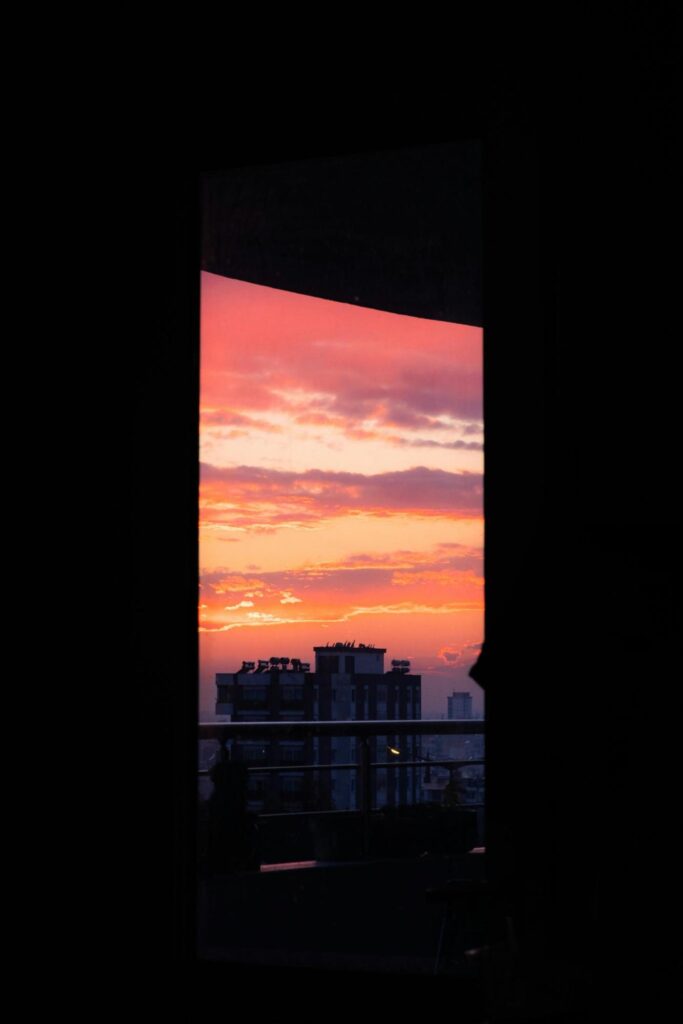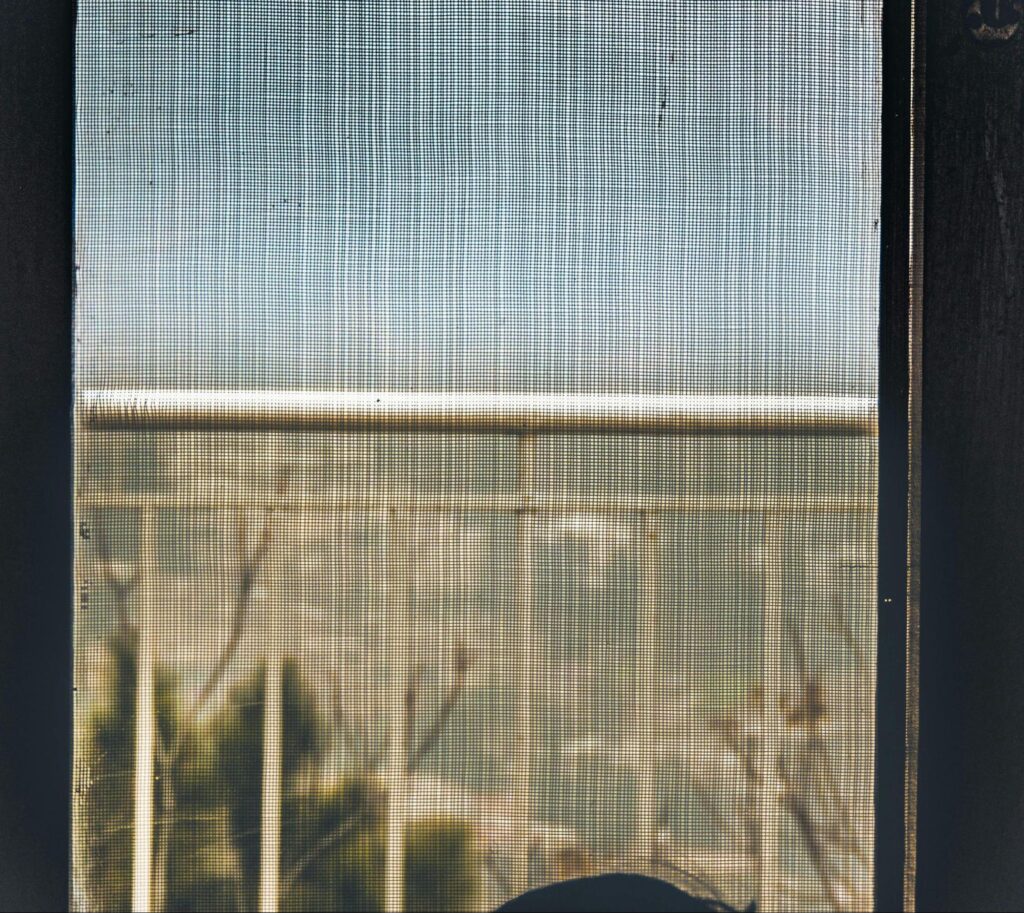Window film is an essential component in maintaining a comfortable and energy-efficient environment in your home or office. With the wide range of options available in the market, it can be overwhelming to choose the right window film that suits your specific needs. In this article, we will guide you through the process of selecting the perfect window film for your windows.
Understanding the Basics of Window Film
Before delving into the different types and benefits of window film, it is important to have a basic understanding of what window film is. Window film is a thin, multi-layered sheet made from polyester or other materials that is applied to the interior surface of windows. It is designed to control the amount of heat and light that enters a building, improve privacy, reduce glare, and protect against harmful UV radiation.
But did you know that window film technology has come a long way since its inception? Today, window film is not just a practical solution, but also a stylish addition to any space. With advancements in manufacturing techniques, window film now offers a wide range of options to cater to different needs and preferences.
Different Types of Window Film
When it comes to window film, there are various types available, each catering to specific needs and preferences. Some of the most common types of window film include:
- Solar Control Window Film: This type of film is designed to reduce the amount of heat and glare entering a space while still allowing natural light to pass through. It helps maintain a comfortable temperature indoors, reducing the need for excessive air conditioning and saving energy.
- Privacy Window Film: If you value privacy, this film can be used to obscure the view from outside while still allowing light to enter. It is perfect for bedrooms, bathrooms, or any space where you want to create a sense of seclusion without sacrificing natural light.
- Decorative Window Film: This film adds style and elegance to your windows, offering various patterns and designs. Whether you want to create a frosted glass effect or add a touch of color to your space, decorative window film allows you to express your creativity and enhance the aesthetic appeal of your windows.
- Safety and Security Window Film: This film provides an additional layer of protection by making windows more resistant to shattering and break-ins. It holds the glass together in the event of an impact, preventing shards from flying and reducing the risk of injuries.
Benefits of Using Window Film
There are several advantages to installing window film in your home or office:
- Energy Efficiency: Window film helps reduce the amount of heat that enters or escapes from a building, thus lowering energy consumption and utility bills. By keeping the interior cooler in summer and preventing heat loss in winter, window film contributes to a more sustainable and cost-effective environment.
- UV Protection: Window film blocks a significant portion of harmful UV radiation, protecting you and your belongings from its damaging effects. Prolonged exposure to UV rays can cause skin cancer, fade furniture and flooring, and even damage artwork. With window film, you can enjoy natural light without worrying about the harmful consequences.
- Glare Reduction: Window film reduces the amount of glare on screens and reflective surfaces, creating a more comfortable working or living environment. Whether you are watching TV, working on your computer, or simply enjoying the view, window film helps eliminate annoying glares that strain your eyes and disrupt your activities.
- Privacy Enhancement: Depending on the type of window film you choose, it can offer varying levels of privacy without sacrificing natural light. Whether you live in a busy city or have nosy neighbors, privacy window film allows you to enjoy your personal space without compromising on sunlight and views.
- Aesthetic Appeal: Decorative window film allows you to add a unique touch to your windows, enhancing the overall appearance of your space. From elegant frosted designs to vibrant stained glass patterns, decorative window film offers endless possibilities to transform your windows into works of art.
So, whether you are looking to improve energy efficiency, protect against UV radiation, enhance privacy, reduce glare, or simply add a touch of style to your windows, window film is a versatile solution that ticks all the boxes. With its wide range of types and benefits, window film is a smart investment that not only improves the functionality of your space but also adds a touch of sophistication.
Factors to Consider When Choosing Window Film
When selecting window film, it is important to consider various factors to ensure you make the right decision. Here are some key factors to keep in mind:
Assessing Your Specific Needs
Start by evaluating your specific needs and goals. Are you looking to reduce heat, enhance privacy, or improve the overall aesthetic of your space? Understanding your priorities will help you narrow down your options.
For instance, if you live in a region with scorching summers, you may prioritize heat reduction properties in your window film. On the other hand, if privacy is a concern due to proximity to neighbors or a busy street, you might lean towards frosted or reflective films.
Considering the Window Orientation
The orientation of your windows plays a crucial role in determining the amount of heat and light that enters your space. South-facing windows receive the most sunlight while north-facing windows receive little to no direct sunlight. Consider the orientation and intensity of sunlight at different times of the day to choose a film that best suits your needs.
Moreover, the geographical location of your property can also impact your choice of window film. Coastal areas may require films with enhanced UV protection due to the proximity to the sun and sea, while urban environments might benefit from films that reduce glare from surrounding buildings.
Evaluating Film Performance Characteristics
When choosing window film, it is important to consider its performance characteristics. Look for films that offer high solar heat rejection and UV protection. Additionally, consider factors such as visible light transmission, shading coefficient, and emissivity to select a film that aligns with your requirements.
Furthermore, take into account the longevity and maintenance requirements of the window film. Some films may offer additional benefits such as scratch resistance or easy cleaning features, which can contribute to the overall durability and aesthetics of your windows in the long run.
The Role of Professional Consultation in Selection
While it is possible to install window film yourself, consulting with a window film professional can offer several benefits:
Professional consultation plays a crucial role in ensuring that you make the right choice when it comes to selecting window film for your specific needs. By seeking the expertise of a professional, you can tap into their wealth of knowledge and experience in the industry. They can provide you with valuable insights that you may not have considered on your own, ultimately helping you make a more informed decision.
Importance of Expert Advice
A window film professional can provide valuable insights and recommendations based on their expertise. They will assess your specific needs, evaluate the unique characteristics of your windows, and suggest the most appropriate window film options for you.
Furthermore, consulting with a professional can help you navigate the wide range of window film products available in the market. With their guidance, you can better understand the differences between various types of window films, such as solar control films, safety and security films, decorative films, and more. This knowledge can empower you to select a product that not only meets your requirements but also aligns with your aesthetic preferences.
Questions to Ask Your Consultant
When consulting with a window film professional, be sure to ask them the following questions to ensure you make an informed decision:
- What type of window film do you recommend for my specific needs?
- How long does the installation process take?
- What is the expected lifespan of the window film?
- Do you offer any warranties or guarantees?
- What maintenance is required for the window film?
Installation Process of Window Film
When it comes to installing window film, the process can be straightforward if you follow the right steps. Choosing the appropriate window film for your needs is crucial before you begin the installation process. Consider factors such as UV protection, privacy, and energy efficiency to select the best film for your windows.
Preparing Your Windows
Before applying the window film, it is essential to prepare your windows properly. Start by thoroughly cleaning the windows to ensure they are free from any dust, dirt, or grime. Use a mild detergent or window cleaner to achieve a clean surface. This step is crucial as any debris left on the windows can affect the adhesion of the film.
Additionally, inspect the windows for any damages or imperfections that may need to be addressed before applying the film. Any cracks or chips should be repaired to prevent further damage once the film is installed.
Applying the Film
Once your windows are clean and in good condition, you can proceed with applying the window film. Start by measuring the dimensions of your windows and cutting the film accordingly. It is recommended to cut the film slightly larger than the window size to ensure full coverage.
Before applying the film, create a solution of water and a small amount of mild detergent in a spray bottle. Spraying this solution on the window will allow you to reposition the film easily for a perfect fit. Carefully place the film on the window, starting from the top and working your way down to avoid creases or air bubbles. Use a squeegee to smooth out the film and remove any trapped air bubbles for a seamless finish.
After applying the film, trim any excess material using a sharp utility knife for a clean look. Allow the film to dry completely before testing its functionality. Proper installation is key to maximizing the benefits of window film, such as improved energy efficiency and UV protection.
Maintaining Your Window Film
Maintaining your window film is relatively simple and requires minimal effort. Here are some tips to ensure your window film stays in excellent condition:
Cleaning and Care Tips
Clean your window film regularly using a non-abrasive cleaner and a soft cloth or sponge. Avoid using harsh chemicals or rough materials that may scratch or damage the film. Gently wipe the film in a vertical direction to remove any dust or smudges.
When to Replace Your Window Film
While window film is designed to be durable, there may come a time when it needs to be replaced. Signs that indicate it may be time to replace your window film include peeling, bubbling, discoloration, or visible damage. If you notice any of these issues, consider contacting a professional to assess the condition of your film and recommend a replacement.
Conclusion
In conclusion, selecting the right window film involves considering your specific needs, evaluating the different types available, and consulting with a professional when necessary. By following these guidelines and properly maintaining your window film, you can enjoy the numerous benefits it brings, such as energy efficiency, UV protection, privacy, and enhanced aesthetics.


